Bathroom shower doors for showers are at the center of modern bathroom design. They bring light, elegance, and functionality into a space while also adding value to a home. With choices ranging from sliding shower doors to frameless glass shower doors, there’s an option for nearly every bathroom layout and budget.
This guide covers types of bathroom shower doors, sizes, styles, installation, costs, and maintenance tips, along with trends shaping 2025. Whether you’re asking “What is the best shower door for small bathrooms?” or “Do I need a glass pane with a shower door?”, this article has you covered.
Why Bathroom Glass Doors for Showers Are So Popular
Bathroom glass doors for showers have become a defining feature of modern bathroom design, replacing traditional shower curtains in both luxury homes and practical remodels. Homeowners are increasingly drawn to glass shower enclosures for their ability to make a bathroom feel more open, bright, and stylish while also adding tangible value to a property.
Market Growth
- The U.S. glass shower door market was valued at $3.2 billion in 2020 and is projected to reach $4.51 billion by 2026, with a CAGR of 6.47%.
- North America accounts for more than 40% of global revenue and is expected to grow further, with the market reaching $7.63 billion in 2025.
- Interest in frameless glass shower doors has sharply increased according to Google Trends, reflecting the push toward bright, open-design bathrooms.
Benefits of Choosing Glass Shower Doors
- Enhance Space Perception: Glass shower doors—especially frameless designs—create an uninterrupted view of the bathroom, helping small bathrooms appear larger and more open.
- Superior Hygiene: Unlike shower curtains that trap moisture and quickly develop mold or mildew, glass doors are easy to clean and maintain a fresher environment.
- Boost Resale Value: Real estate data shows that updated bathrooms with glass shower enclosures significantly increase buyer appeal and can help homes sell faster.
- Improve Lighting: Transparent or lightly frosted glass allows natural and artificial light to flow freely throughout the space, reducing dark corners and improving overall ambiance.
Why Choose Glass Doors Over Shower Curtains?
While shower curtains are inexpensive and easy to replace, they often look dated, allow water leakage, and require frequent cleaning or replacement due to mold growth. According to the Centers for Disease Control and Prevention (CDC), mold growth is often associated with damp environments, particularly in poorly ventilated bathrooms, and shower curtains can trap moisture, creating an ideal breeding ground for mold (CDC, 2024). By contrast, glass shower doors provide a polished, upscale look, are easier to clean, reduce maintenance hassles, and help prevent mold accumulation. For homeowners planning a remodel or a new build, installing a glass enclosure is a practical way to achieve both style and long-term functionality.

Types of Glass Shower Doors
Choosing the right glass shower door is one of the most important decisions in a bathroom remodel. Consider glass shower door sizes carefully, standard glass shower door size or big shower door dimensions, to ensure a perfect fit for your space. The right style can enhance your bathroom’s appearance, maximize functionality, and even influence your home’s value. Shower doors come in multiple styles, frame types, and opening mechanisms, making it easier for homeowners to find a design that matches their space, budget, and aesthetic preferences.
Frame Styles: Framed, Semi-Frameless, and Frameless
Frameless Glass Shower Doors
Frameless doors are built with thick tempered glass—usually 3/8" to 1/2"—and minimal hardware. This creates a sleek, modern, and spa-like appearance that makes small bathrooms feel more open. They are easier to clean because there are fewer metal edges to trap soap scum, but they require reinforced walls and a higher budget, often starting at $900 and going beyond $1,500 installed.
Semi-Frameless Glass Shower Doors
A balance between style and affordability, semi-frameless doors feature slim metal framing along certain edges for stability while maintaining a clean and open look. They typically cost $500–$900 installed, making them a popular choice for mid-range bathroom renovations.
Framed Glass Shower Doors
Framed shower doors are the most budget-friendly option, priced at $300–$600 installed. These doors feature a full metal frame around each glass panel, providing durability and strength, which makes them ideal for rental properties or family homes. However, they have a more traditional appearance and require regular cleaning of the frame edges.

Door Opening Mechanisms: Sliding, Hinged, Bifold, and Fixed Panels
Sliding Shower Doors
Also known as bypass doors, these glide smoothly on rollers along a track, making them a great choice for small bathrooms or shower-tub combinations. While space-saving, they require routine cleaning because dirt can accumulate in the bottom tracks.
Pivot or Hinged Shower Doors
Pivot doors swing open like traditional doors, offering a wide entrance and a luxurious feel. They are perfect for larger bathrooms with enough room for the door, but doors may require careful measurement to ensure they don’t hit walls or fixtures. Always leave sufficient space when you open the door.
Bifold or Folding Glass Shower Doors
These feature panels that fold inward or outward on hinges, saving space and making them more accessible for individuals with limited mobility. While functional, they may not have the same sleek look as frameless or fixed-panel options.
Fixed Glass Panels
Fixed glass panels create an open, walk-in shower design that’s popular in high-end bathrooms and wet rooms. While elegant and minimal, they don’t fully enclose the shower, which can lead to some water splashing outside the enclosure.
Comparison Table: Types of Glass Shower Doors
| Type | Pros | Cons | Best For | Avg. Installed Cost |
|---|---|---|---|---|
| Frameless | Modern, open look, easy to clean, adds home value | Expensive, requires reinforced walls | Luxury or large bathrooms | $900–$1,500+ |
| Semi-Frameless | Stylish, less expensive than frameless | More edges to clean | Medium-sized bathrooms | $500–$900 |
| Framed | Durable, affordable | Traditional look, requires more cleaning | Rentals, budget remodels | $300–$600 |
| Sliding | Space-saving, easy to operate | Tracks collect dirt | Small bathrooms, shower/tub combos | $400–$900 |
| Pivot/Hinged | Wide opening, upscale feel | Needs swing clearance | Large bathrooms | $700–$1,200 |
| Bifold/Folding | Saves space, accessible | Visible hinges, less minimal | Compact bathrooms, accessibility | $400–$800 |
| Fixed Panel | Sleek, spa-like design | Less water containment | Open wet-room layouts | $500–$1,000 |
Which Shower Door Type is Easiest to Maintain?
If you want minimal cleaning, frameless shower doors are the best option. Their lack of bulky frames and bottom rails means there are fewer areas for soap scum and mildew to build up. Sliding doors, while practical for smaller bathrooms, require more effort to keep tracks clean.
Glass Options, Finishes, and Custom Customization
There are different types of glass to consider, including clear, frosted, textured, laminated, and tinted, each offering unique benefits for style, privacy, and safety. The look and feel of your shower enclosure go beyond just choosing a door type. The glass, finish, and hardware customization you select can completely change the bathroom’s style, privacy level, and even long-term durability.
Glass Thickness and Durability
- 3/8" to 1/2" Tempered Glass (Standard Option): Most glass shower doors are made of tempered glass in this thickness range. It’s strong, safe, and designed to break into small, blunt pieces rather than sharp shards, making it a reliable choice for homes with children or elderly family members.
- Laminated Safety Glass: For additional safety, laminated glass has a thin interlayer that keeps the panel intact even if it cracks. It’s often used in high-end projects or for bathrooms with a focus on safety and accessibility.
- Patterned or Textured Glass: Adds both strength and style. Textured finishes can provide extra privacy while maintaining a modern and spa-like aesthetic.
- Proper glass thickness is not just about appearance—it’s essential for structural stability, especially for frameless designs that rely on thicker glass to remain secure without metal framing.
Glass Styles for Privacy and Aesthetic Appeal
- Clear Glass: The most popular choice for contemporary bathrooms, clear glass creates an open, airy look by showcasing wall tiles and design details. It’s ideal for homeowners who want a minimalist, high-end feel.
- Frosted or Etched Glass: Frosted or opaque glass offers more privacy without sacrificing light. Frosted or opaque glass is perfect for shared bathrooms or for those who want a soft, diffused appearance.
- Rain or Patterned Glass: These textured surfaces add character and visual interest while offering semi-privacy. They’re often used to create a spa-inspired design and are excellent at hiding water spots and fingerprints.
- Tinted Glass: For a bold statement, tinted options in shades of gray, bronze, or blue can add depth and warmth to the overall bathroom design.

Hardware Styles and Finishing Touches
Hardware details can dramatically influence the final look of your shower door:
- Matte Black Hardware: One of the biggest bathroom design trends in 2025, matte black handles, hinges, and towel bars create a bold, modern look that contrasts beautifully with light-colored tiles.
- Brushed Nickel and Brass: Timeless and versatile, brushed nickel provides a soft, understated appearance, while brass brings warmth and a touch of luxury.
- Minimalist Handles and Hidden Hinges: Slimline handles, concealed hinges, and low-profile brackets create a seamless, floating glass effect, particularly popular in frameless shower enclosures.
- Custom Finishes: For homeowners with a unique vision, many manufacturers offer custom powder-coated hardware colors to perfectly coordinate with faucets, fixtures, and tile patterns.
Choosing the Right Bathroom Glass Door for Your Space
Selecting the ideal bathroom glass shower door is about more than just looks—it’s about making the most of your bathroom’s layout, functionality, and style. A well-chosen shower door not only enhances the design but also improves safety, minimizes water leakage, and optimizes available space.
Choosing by Bathroom Size
- Small Bathrooms: In compact bathroom space, every inch matters. When space is limited, sliding glass doors, bifold designs, or a single fixed glass panel are the best options. Choosing a slightly wider panel can make the shower feel larger. Always double-check the size before ordering.
- Medium to Large Bathrooms: Larger rooms allow for more luxurious designs, such as frameless pivot doors or walk-in glass panels. These styles create a spa-like, open feel while showcasing decorative tile work and premium fixtures.
Tub vs. Walk-In Shower Configurations
- Bathtub-Shower Combo: A sliding or framed glass door is a practical choice for combined tubs and showers. These doors help prevent splashes, making them ideal for family bathrooms or homes with kids.
- Walk-In Showers: For modern renovations, frameless glass shower doors or fixed glass panels add a sleek, upscale vibe. They’re easier to clean, create an open look, and are perfect for showcasing custom tile designs.
Common Mistakes to Avoid
- Incorrect Measurements: One of the most frequent errors in bathroom renovations is ordering the wrong door size. Always measure twice before purchasing to ensure a perfect fit.
- Improper Hinge Installation: Misaligned hinges or brackets can lead to leaks and uneven door movement. Professional installation is highly recommended for frameless or custom glass doors.
- Ignoring Ventilation: A stunning bathroom can quickly become uncomfortable if steam and humidity aren’t managed. Make sure to plan for adequate ventilation—either through windows, vent fans, or transom panels—to prevent mold growth and moisture damage.
Expert Tip: Balance Style and Function
When choosing a shower door, think about how your family uses the bathroom. A frameless design might be visually stunning, but sliding or bi-fold doors can be safer and more practical in homes with kids or elderly family members. Matching hardware finishes and glass styles with the rest of your fixtures will create a cohesive, designer look while maintaining practicality.
Cost, Value & Return on Investment
When upgrading your bathroom, understanding the cost of glass shower doors is key to making a smart decision. Prices vary depending on the style, materials, and customization level, but investing wisely can increase your home’s value and enhance your daily shower experience.
Average Installed Costs
| Shower Door Type | Typical Installed Cost (USD) | Key Features & Notes |
| Framed Glass Shower Doors | $300–$600 | Budget-friendly, sturdy, ideal for rentals or secondary bathrooms. |
| Semi-Frameless Shower Doors | $500–$900 | Stylish look at a moderate price; slim frames keep costs lower. |
| Frameless Glass Shower Doors | $900–$1,500+ | Premium choice; thick tempered glass, luxury feel, modern design. |
Long-Term Value
- Frameless adds resale appeal.
- Low maintenance over time with the right coatings.
Are frameless shower doors worth it?
- If resale value and style matter, yes. If budget is tight, framed/semi-frameless are more cost-effective.
Installation: DIY or Professional?
Installing a glass shower door can completely transform your bathroom, but it’s important to know whether to handle it yourself or call a pro. Your choice depends on the type of shower door, your DIY skills, and the complexity of the project.
DIY vs. Professional Installation
- DIY-Friendly Options: If you’re comfortable with power tools and accurate measuring, framed or sliding shower doors can often be installed by a confident DIYer. These models are lighter, have pre-assembled frames, and typically come with straightforward instructions.
- When to Hire a Professional: Frameless glass shower doors are heavier, more fragile, and require precise alignment. Hiring a professional ensures your glass panels are safely installed, perfectly leveled, and properly sealed to prevent leaks or future damage.

DIY Installation Steps (Simplified)
- Measure Twice, Cut Once: Carefully measure the shower opening width and height to ensure the door fits perfectly.
- Check Wall Support: Confirm that your bathroom wall studs or tile backer board can support the weight of the glass.
- Install the Frame or Track (If Applicable): Make sure the floor is level and properly prepared before installation. Carefully decide the placement of the frame and track to avoid leaks and ensure smooth operation.
- Position the Glass Panels Carefully: Use suction grips and get help lifting the glass to avoid injury or damage.
- Seal and Secure: Apply silicone caulk to all edges, tighten screws, and double-check alignment for a leak-free finish.
Common Installation Problems
| Issue | Cause | Impact | Solution |
| Door Not Level | Uneven measurements or loose hardware | Water leaks, uneven door swing | Re-level frame, tighten hinges, use shims |
| Glass Stress Cracks | Incorrect drilling or over-tightened screws | Weakens glass, costly replacement | Always drill into wall studs, avoid overtightening |
| Poor Sealing | Rushed caulking or gaps | Persistent leaks, mold risk | Apply silicone evenly, allow full curing time |
| Misaligned Hinges | Wrong placement or lack of support | Door won’t close properly | Professional adjustment or hinge replacement |
Pro Tip: Safety Comes First
Glass panels are heavy and fragile, often weighing 70–100 lbs. If you’re unsure, investing in professional installation is worth it for safety and long-term durability. Pros can also custom-fit glass panels for unique layouts, ensuring a polished, high-end result.
Maintenance & Longevity
Keeping your glass shower doors spotless and streak-free not only improves the look of your bathroom but also extends their lifespan. With regular cleaning and the right protective measures, you can prevent water spots, soap scum, and glass cloudiness for years to come.
Cleaning Tips for Glass Shower Doors
- Daily Squeegee Routine: Use a soft shower squeegee after every shower to remove excess water and prevent mineral buildup.
- Gentle Cleaning Solution: A vinegar-and-water spray or mild dish soap effectively removes soap residue and hard water spots without damaging the glass.
- Avoid Abrasives: Steer clear of steel wool or rough scrubbers, which can scratch glass and metal finishes. Instead, use a microfiber cloth or sponge for safe cleaning.
- Clean Tracks and Hinges: If you have sliding or framed shower doors, regularly clean the tracks and apply silicone spray to rollers to keep them smooth.

Extra Protection for Long-Term Shine
- Hydrophobic Coatings: Applying a water-repellent glass treatment helps water bead off the surface, reducing mineral deposits and soap scum buildup.
- Sealant Maintenance: If your door has a silicone seal, inspect it every six months for cracks or mold and replace it as needed to prevent leaks.
- Proper Ventilation: Good airflow prevents moisture buildup, helping your shower glass and bathroom hardware last longer.
How to Keep Glass Shower Doors From Getting Cloudy?
Cloudy glass is often caused by hard water deposits and soap residue. Here’s how to keep your shower door crystal clear:
- Clean Frequently: Wipe the glass weekly with a non-abrasive cleaner designed for bathroom glass.
- Dry Water Spots Immediately: Keep a microfiber cloth in the bathroom and quickly dry droplets after use.
- Apply a Protective Coating: Consider professional glass protection treatments or DIY sprays to keep the surface smooth and resistant to buildup.
- Install a Water Softener: If you live in an area with hard water, softening your water supply will reduce mineral staining over time.
2025 Bathroom Shower Design Trends
In 2025, bathroom shower design is all about creating a luxurious, functional, and eco-conscious space. Homeowners are moving away from bulky enclosures and opting for glass shower doors that enhance openness, improve light flow, and add a modern edge. From matte black hardware to smart glass technology, this year’s trends focus on style, convenience, and sustainability.
Hardware & Finishes
- Matte black and mixed metal finishes.
- Hidden hinges and ultra-thin sliders.
Smart Features
- Privacy glass that frosts at the touch of a button.
- Bluetooth speakers integrated into shower enclosures.
Eco-Friendly Options
- Glass made with recycled material.
- Water-saving shower fixtures within enclosures.
Conclusion
Installing bathroom glass doors for showers is one of the most effective ways to create a brighter, more elegant, and more valuable bathroom. Homeowners can explore a variety of designs, from frameless to semi-frameless or sliding, to find the perfect shower door for their space.
Key takeaways:
- Choose the door type based on bathroom size and layout.
- Compare costs vs. long-term ROI.
- Keep glass clean with simple daily habits.
- Watch for 2025 trends: smart features, minimal hardware, eco-friendly glass.
Well-chosen glass shower doors can turn a simple bathroom into a stylish retreat that is practical for daily life and appealing for resale.
FAQs
1. Do glass shower doors add value to a home?
Yes, installing glass shower doors is a great way to boost your home’s appeal. They instantly make bathrooms look modern, bright, and well-maintained, which buyers love. Real estate agents often say a sleek frameless glass shower enclosure can make a bathroom feel like a spa, helping your home sell faster and sometimes even at a higher price. It’s a small investment with a strong return, especially if you’re upgrading from a basic shower curtain.
2. How long do frameless glass doors last?
With proper care, frameless glass shower doors typically last 20 to 30 years. The thick tempered glass is extremely durable, and with regular cleaning plus an occasional re-seal of the silicone edges, they can stay crystal-clear and safe for decades. Hardware like hinges and rollers may need minor adjustments over the years, but with quality installation, these doors are built to last.
3. What’s the safest type of shower glass?
The safest choice is tempered glass because it’s designed to resist shattering. If it does break under extreme force, it crumbles into small, blunt pieces rather than sharp shards, reducing injury risks. For extra peace of mind, you could also consider laminated glass, which holds together even when cracked. Most modern glass shower enclosures meet strict safety standards, so choosing a reputable brand is key.
4. Should my shower have glass panes and a door?
Definitely! Glass shower doors and panels not only look more stylish than curtains, but they also keep water where it belongs, reducing leaks and mold growth. They make bathrooms feel brighter and more open, especially if you opt for a frameless or clear glass style. If privacy is a concern, you can go with frosted or patterned glass to get the best of both worlds: light and discretion.
5. What to do if a glass shower door breaks?
First, stop using the shower and make sure everyone stays clear of the area. Put on protective gloves and carefully clean up any broken glass, then contact a professional to replace the door with a safety-rated tempered glass panel. If your shower is older, this might also be a good time to upgrade to a sturdier frameless glass shower door or add protective coatings to prevent future damage.

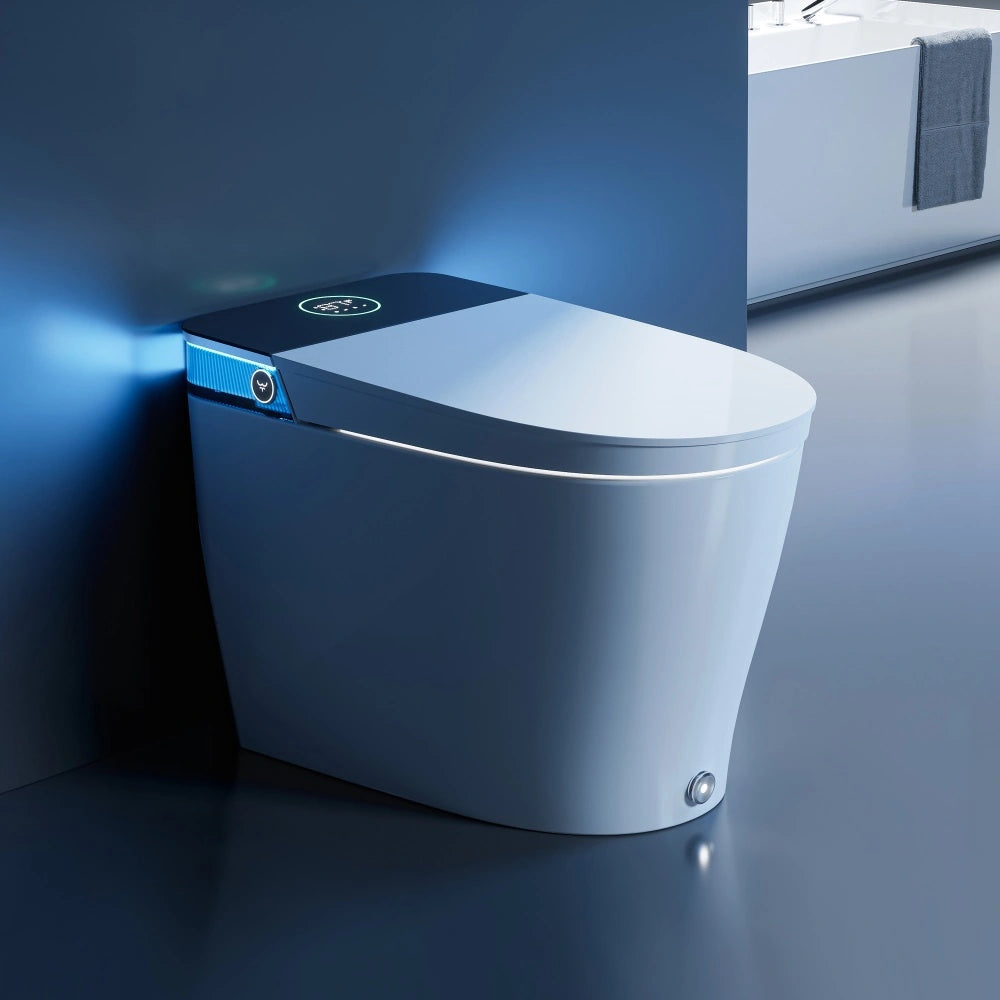
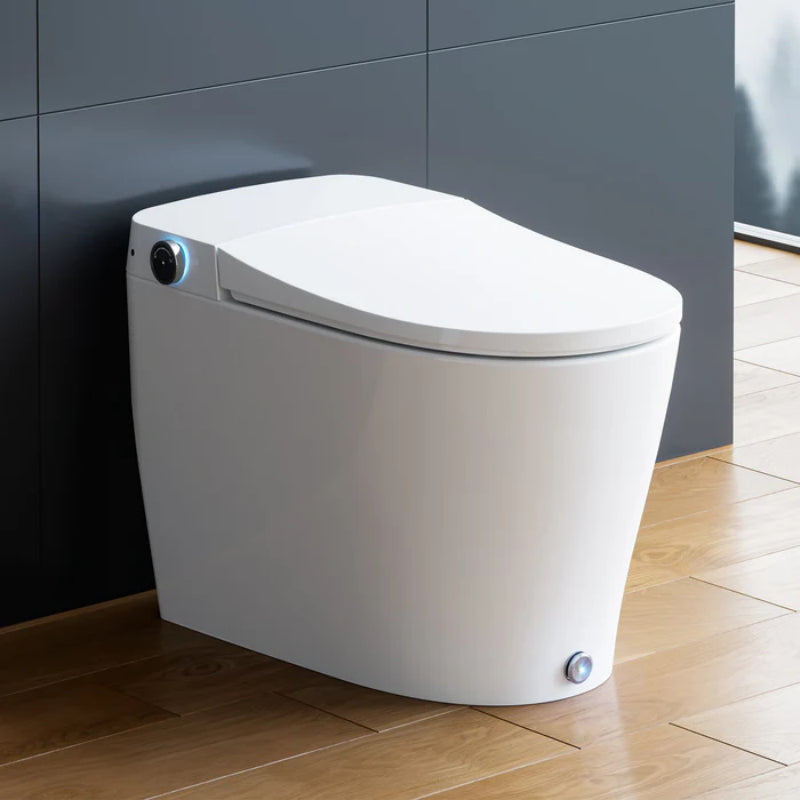
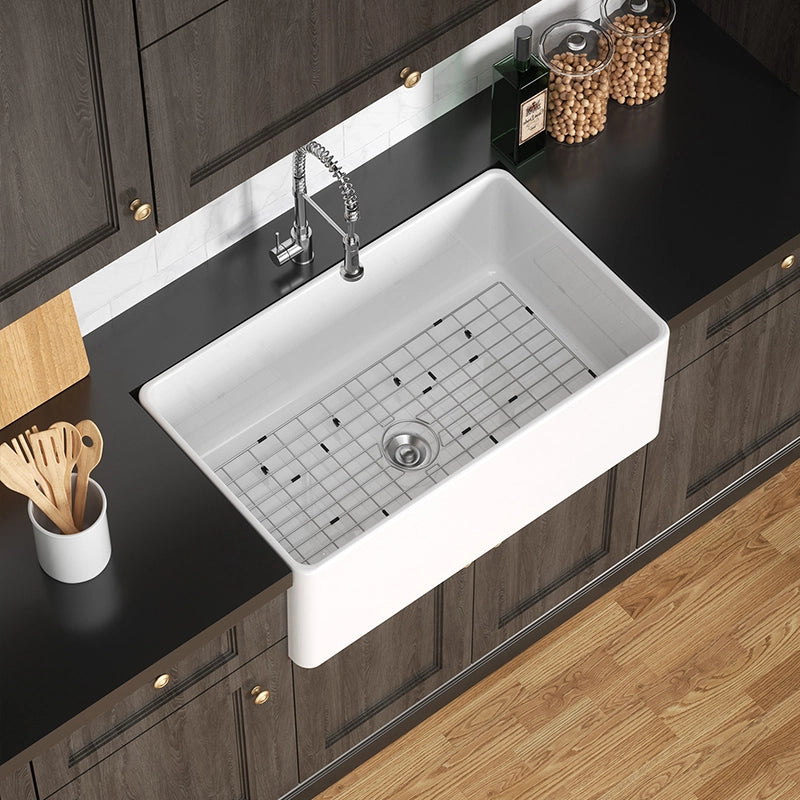
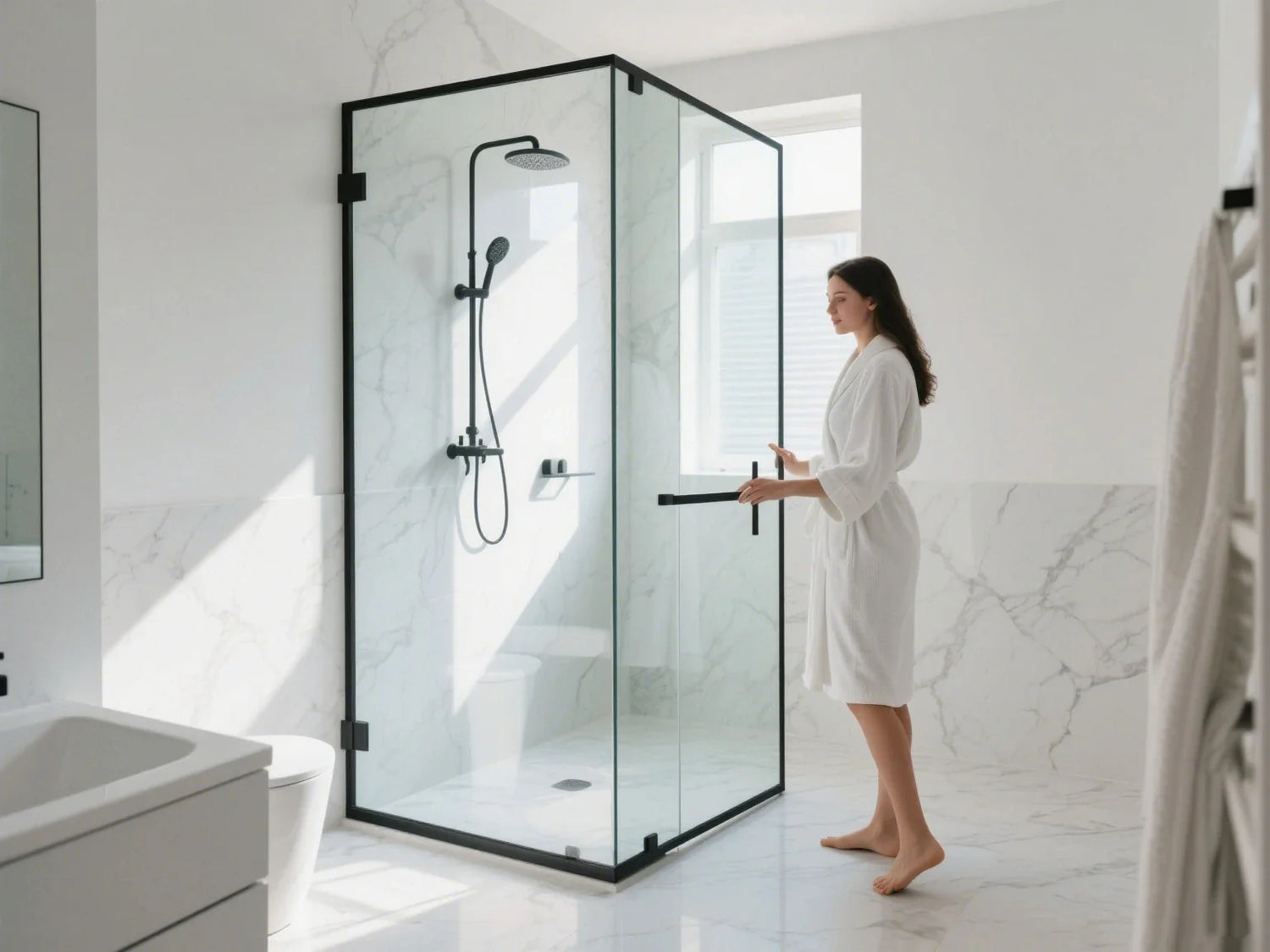
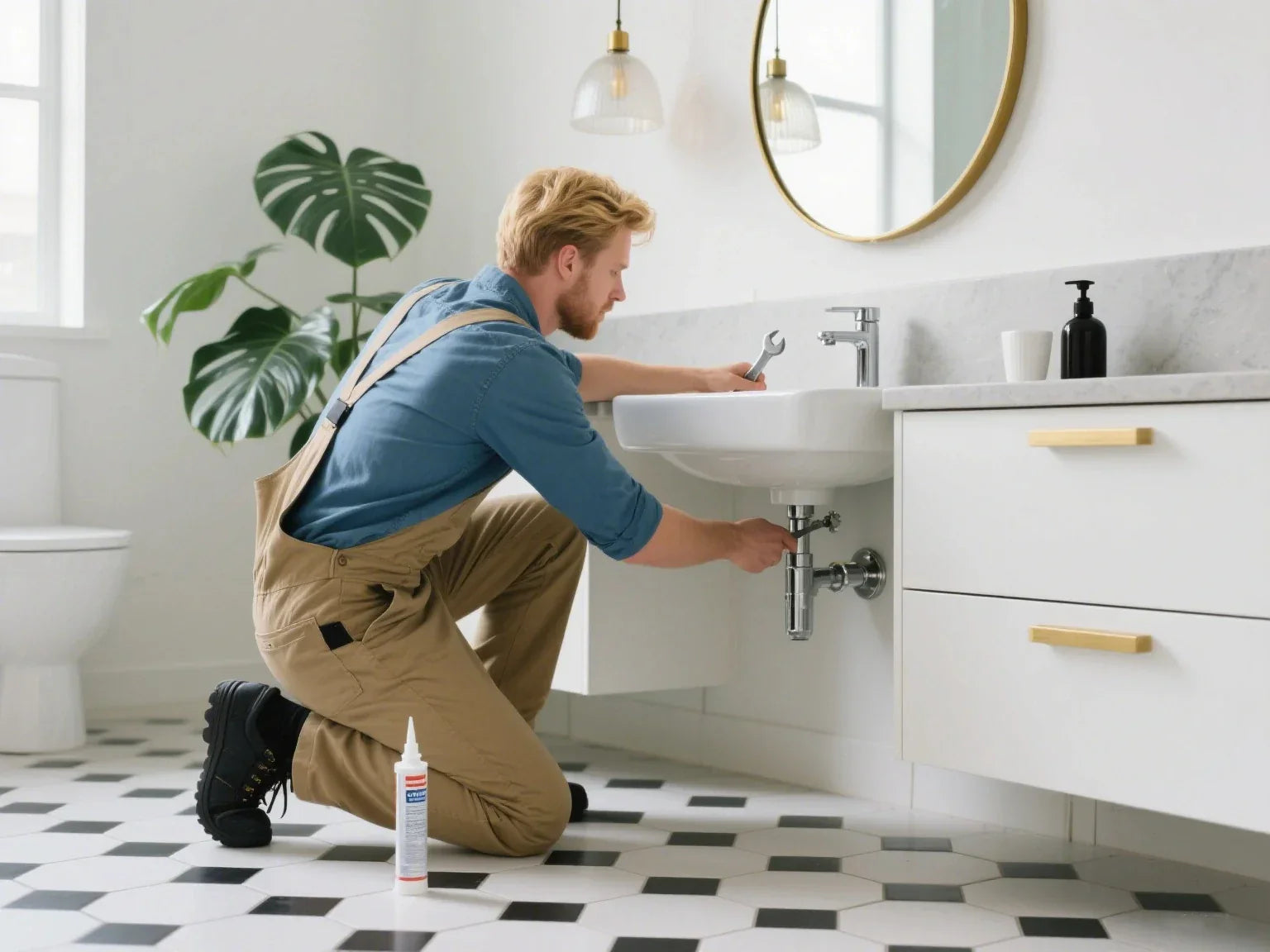
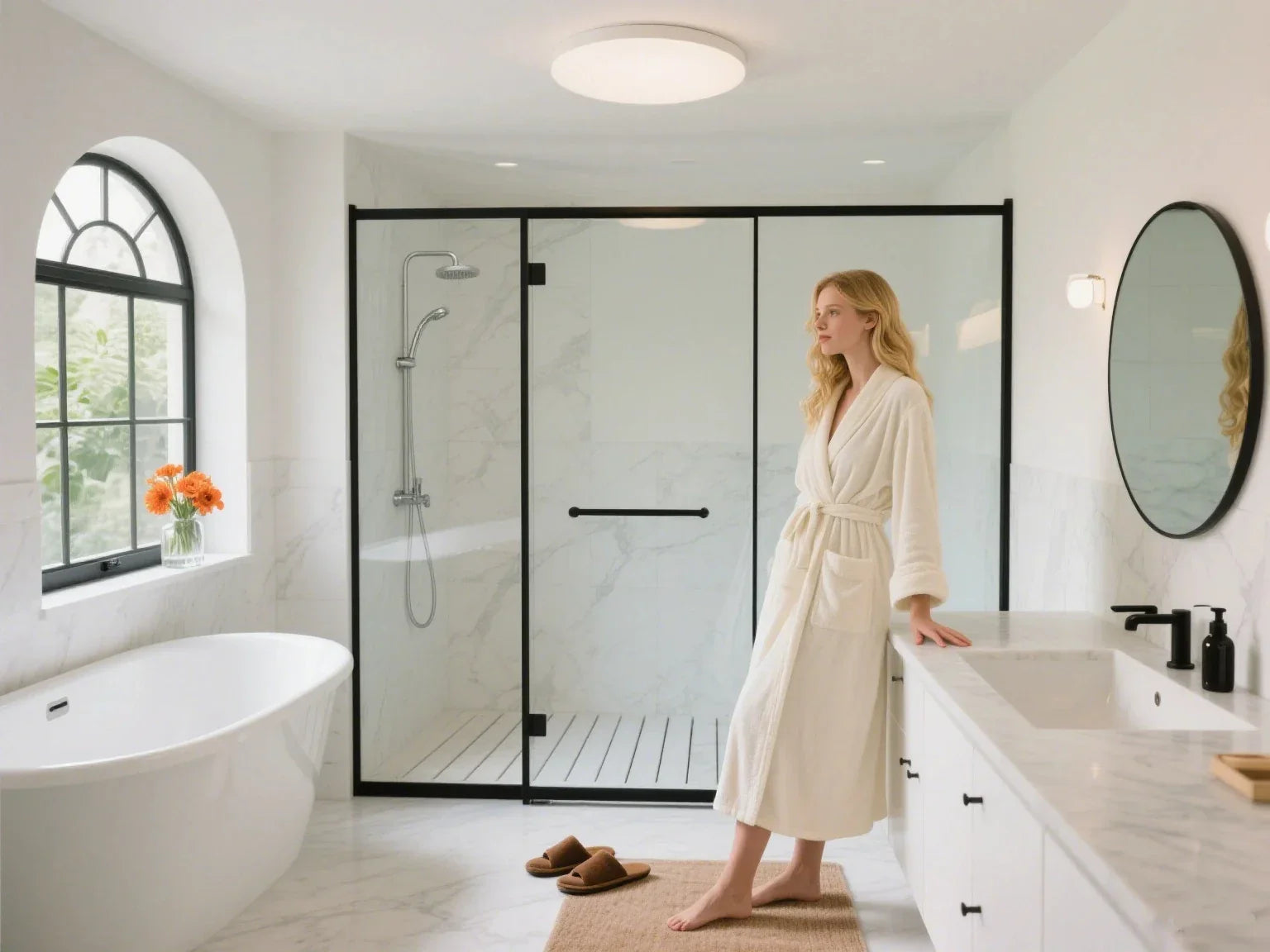

Leave a comment
This site is protected by hCaptcha and the hCaptcha Privacy Policy and Terms of Service apply.